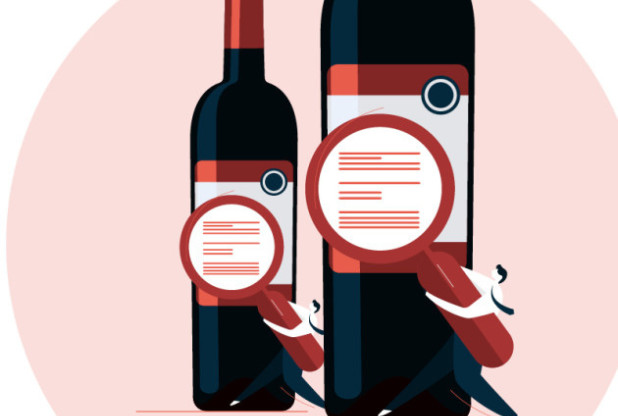
Scottish government delays mandatory calorie labelling
The Scottish government has today (31 May) announced that it will be delaying the planned implementation of mandatory calorie labelling.
Responding to this announcement, UKHospitality Scotland executive director Leon Thompson said: “I’m pleased the Scottish government has listened to the concerns of UKHospitality Scotland and delayed the introduction of mandatory calorie labelling.
“The planned introduction was additional red tape that hospitality businesses scarcely need and would have come with enormous cost. The implementation of calorie labelling in England is costing affected businesses, on average, £20,000 per year and it was crucial that was avoided in Scotland.”
- Read more: How EU QR codes will hit UK
In England, large businesses with more than 250 employees, including cafes, restaurants and takeaways, are required to display calorie information of non-prepacked food and soft drinks following a law change in April 2022.
“With customer preference on this issue incredibly variable and a lack of evidence that calorie labelling makes a meaningful difference, it’s no surprise that the vast majority are opposed to its introduction.
“I would urge the Scottish government to permanently drop this policy and focus on reducing red tape for businesses, not increasing it,” Thompson added.
Meanwhile, as reported by Harpers last month, the new EU labelling regime might soon impact the UK drinks industry. From December 2023, EU wine and spirits products will have to display nutritional information and energy values, including calories, as other FMCG categories do.
As things stand, the legislation will only apply to drinks sold within the EU, which will impact UK businesses that intend to produce and bottle in the UK before exporting to the EU or Ireland.
However, Jonathan Harclerode, founder and CEO of Bottlebooks, a specialist in standardising product information for alcoholic drinks, believes UK legislators are not far away from following suit.
Harclerode told Harpers last month: “You could jump to the conclusion that within two years, most of the wines in the UK will have nutritional information on them anyway, purely because of economics: producers won’t want to put multiple labels on their bottles if they can find one label that works for both the UK and the EU, so this will essentially piggyback its way into the UK. We initially thought this would be introduced in the UK before the EU, but then that was kicked down the road last year for another 18 months.”




